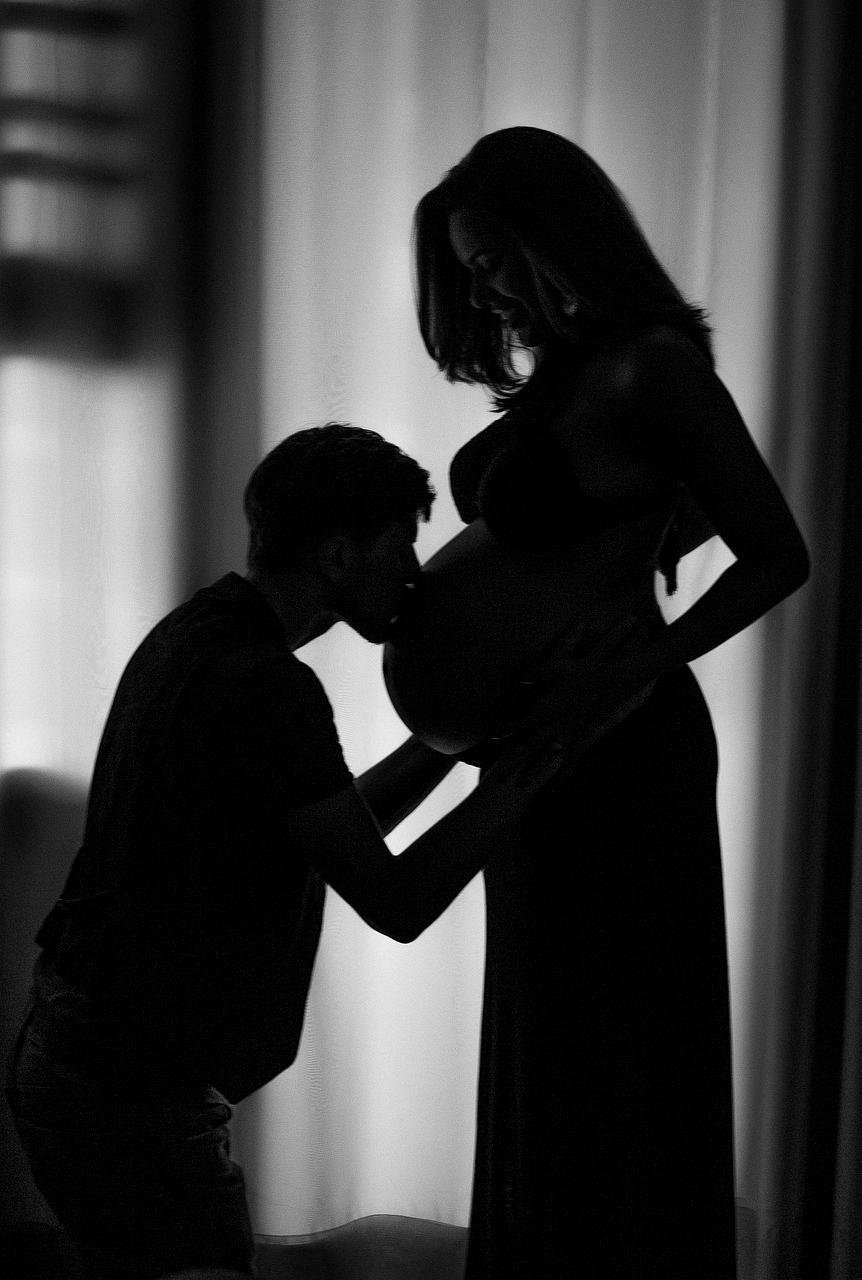When it comes to the early signs of pregnancy, many women may not be aware of the fact that nipple tingling can be one of them. As soon as conception occurs, the hormones in your body, particularly estrogen and progesterone, start to increase rapidly, leading to a variety of changes within your body. One of these changes includes an increased blood supply to your breasts, which can result in a tingling sensation around your nipples.
For some women, this tingling sensation can be one of the earliest indicators that they are pregnant. In fact, it is not uncommon for women to notice this tingling sensation within a week or so of conception. It’s important to note that every woman’s body is unique, so the timing of when this symptom occurs can vary from person to person.
It’s essential to understand that nipple tingling during pregnancy is a normal and common occurrence. As your body prepares for the journey of growing and nourishing a baby, various changes take place to support this process. The increase in blood flow to your breasts is just one of these changes, and the tingling sensation you may experience is a natural result of this increased blood supply.
Furthermore, the tingling sensation in your nipples is often accompanied by other changes in your breasts. You may notice that your breasts feel fuller and heavier than usual, and your nipples may become more sensitive to touch. These changes are all part of the body’s preparation for breastfeeding and providing nourishment for your growing baby.
It’s important to remember that while nipple tingling can be an early sign of pregnancy, it is not a definitive indicator on its own. If you suspect you may be pregnant and are experiencing nipple tingling along with other symptoms such as missed periods, fatigue, nausea, or frequent urination, it is advisable to take a pregnancy test or consult with a healthcare provider for confirmation.
As your pregnancy progresses, you may find that the tingling sensation in your nipples subsides or changes in intensity. This is normal as your body continues to adjust to the hormonal changes and physical demands of pregnancy. However, if you experience any unusual or severe discomfort in your breasts or nipples, it is important to seek medical advice to rule out any underlying issues.
While nipple tingling during pregnancy is generally harmless and a common experience for many women, it can sometimes be accompanied by challenges such as increased breast tenderness or discomfort. Using a supportive bra, applying warm compresses, and practicing gentle breast massage can help alleviate some of these discomforts and provide relief.
It’s essential to prioritize self-care and listen to your body’s needs during pregnancy. Taking the time to rest, eat well, stay hydrated, and engage in gentle exercises can all contribute to your overall well-being and help manage any discomfort you may experience, including nipple tingling.
Remember that every pregnancy journey is unique, and it’s normal to experience a range of physical and emotional changes during this time. If you have any concerns about nipple tingling or other symptoms you are experiencing, don’t hesitate to reach out to your healthcare provider for guidance and support.
In conclusion, nipple tingling during pregnancy can occur as early as a week or so after conception due to hormonal changes and increased blood flow to the breasts. While this symptom is generally normal and a common part of pregnancy, it is essential to pay attention to any unusual or severe discomfort and seek medical advice if needed. Prioritizing self-care and listening to your body’s needs can help you navigate this journey with confidence and comfort.

